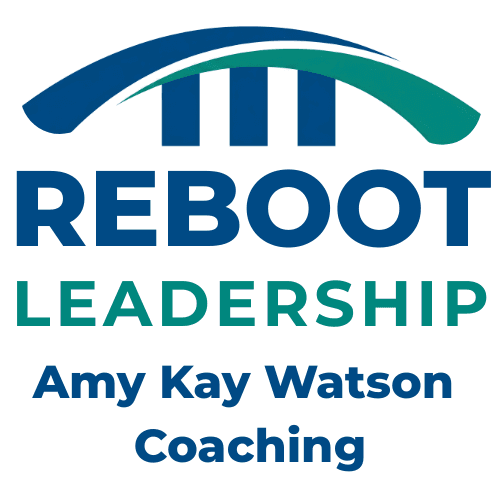Leadership Lessons in Balancing Empathy and Accountability Many leaders I coach enter their roles with a powerful, noble drive to create positive change. They envision empowering teams, streamlining processes, and driving exceptional results. Yet, in their zeal to improve performance, many fall into what I call the reformer’s trap. I see this pattern often. A
Author Archives: Amy Kay Watson
There’s a classic scene in The West Wing where Leo McGarry tells a story to a spiraling Josh Lyman. It’s about a man who falls into a pit. People pass by, offering advice and judgment from above. Then, a friend jumps in with him. The man says, “Now we’re both stuck.” The friend replies, “Yeah,
There is no excerpt because this is a protected post.
Find what you need to lead with clarity, compassion, and confidence. You care about your team. You care about results. But some days, leadership just feels heavier than it should. Whether you’re holding back because you don’t want to hurt someone—or pushing hard and not getting the response you hoped for—this guide will help you
A leader I coach recently described a frustrating pattern. During a critical planning session, she saw her engineers and Scrum Masters repeatedly stepping in to cover missing work from product managers who were on planned leave… work that should have been completed in advance. While she was grateful for the stopgap effort, she recognized this
How to move your team from “who is to blame?” to “how do we fix it?” using restorative principles. Conflict is not just an HR issue; it is operational drag. When trust fractures in a high-performing team, information flow slows down, decision-making creates friction, and innovation stalls. Most managers default to one of two modes
There is no excerpt because this is a protected post.
Summary: When change moves faster than our team’s capacity to adapt, leaders need more than resilience—they need the skills of a Leader as Regulator. This post explores the predictable performance “Change Dip,” the observable data that shows your team is stuck in “The Labyrinth,” and provides a Leader’s Diagnostic Toolkit to restore performance by rebuilding











